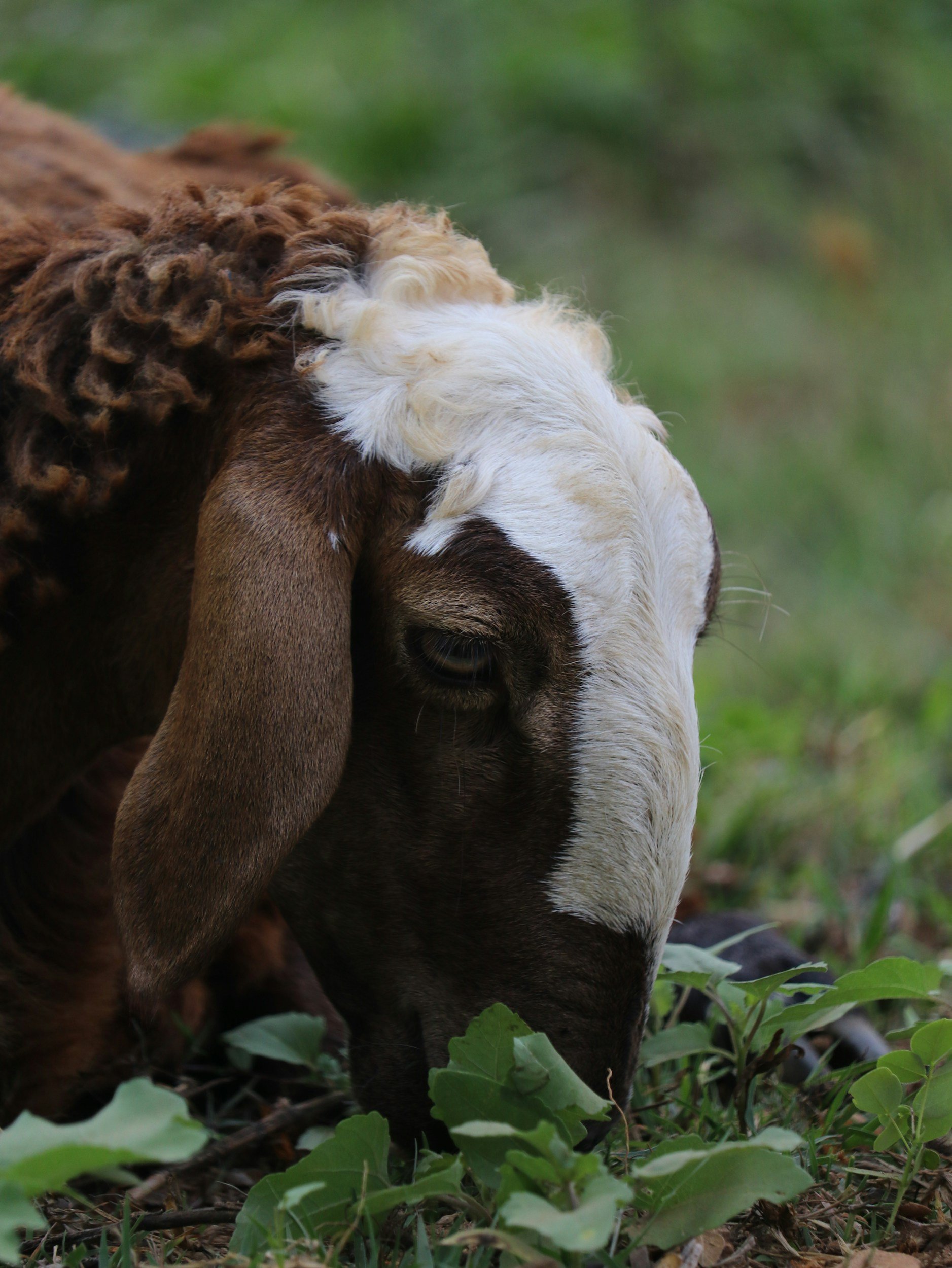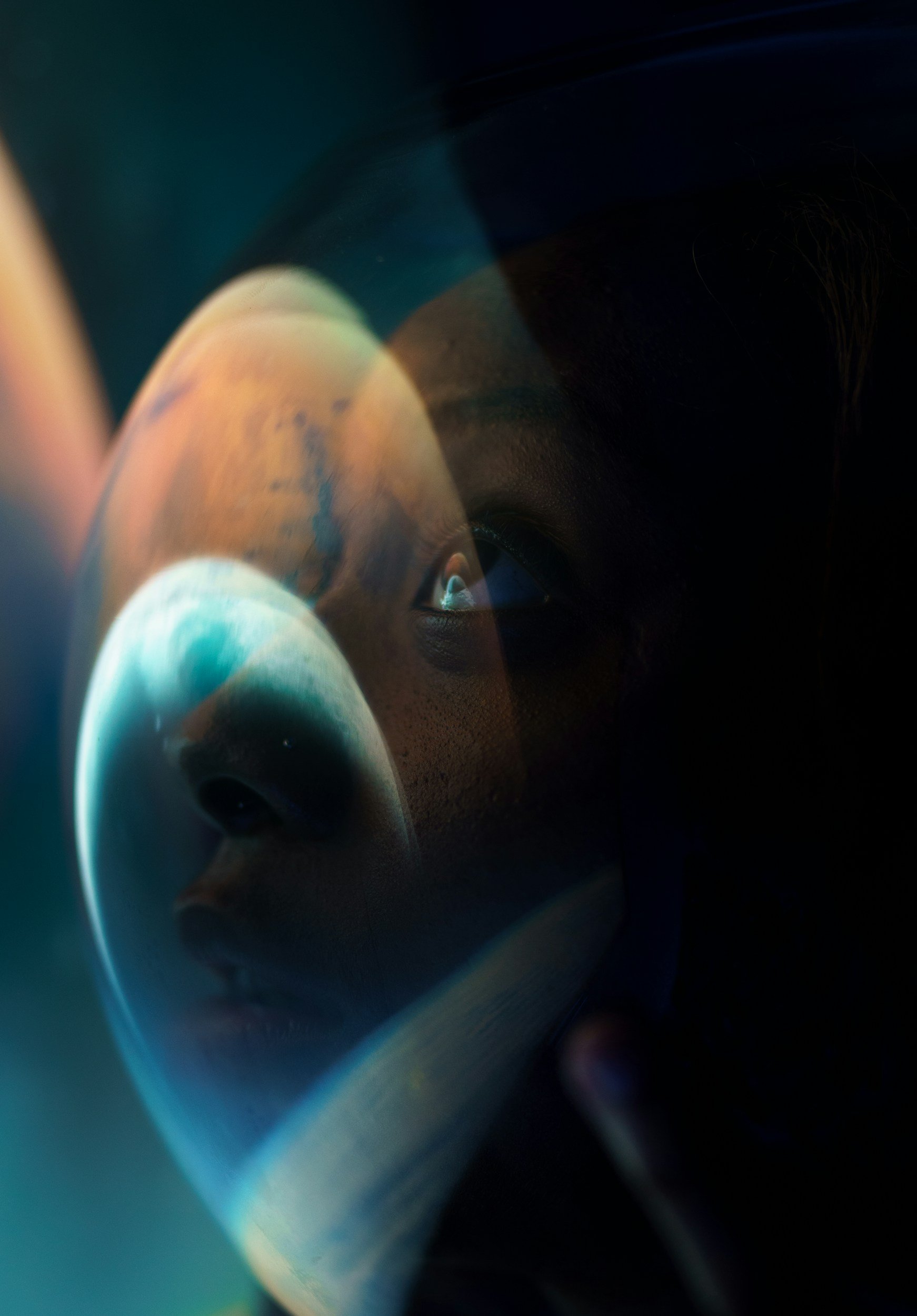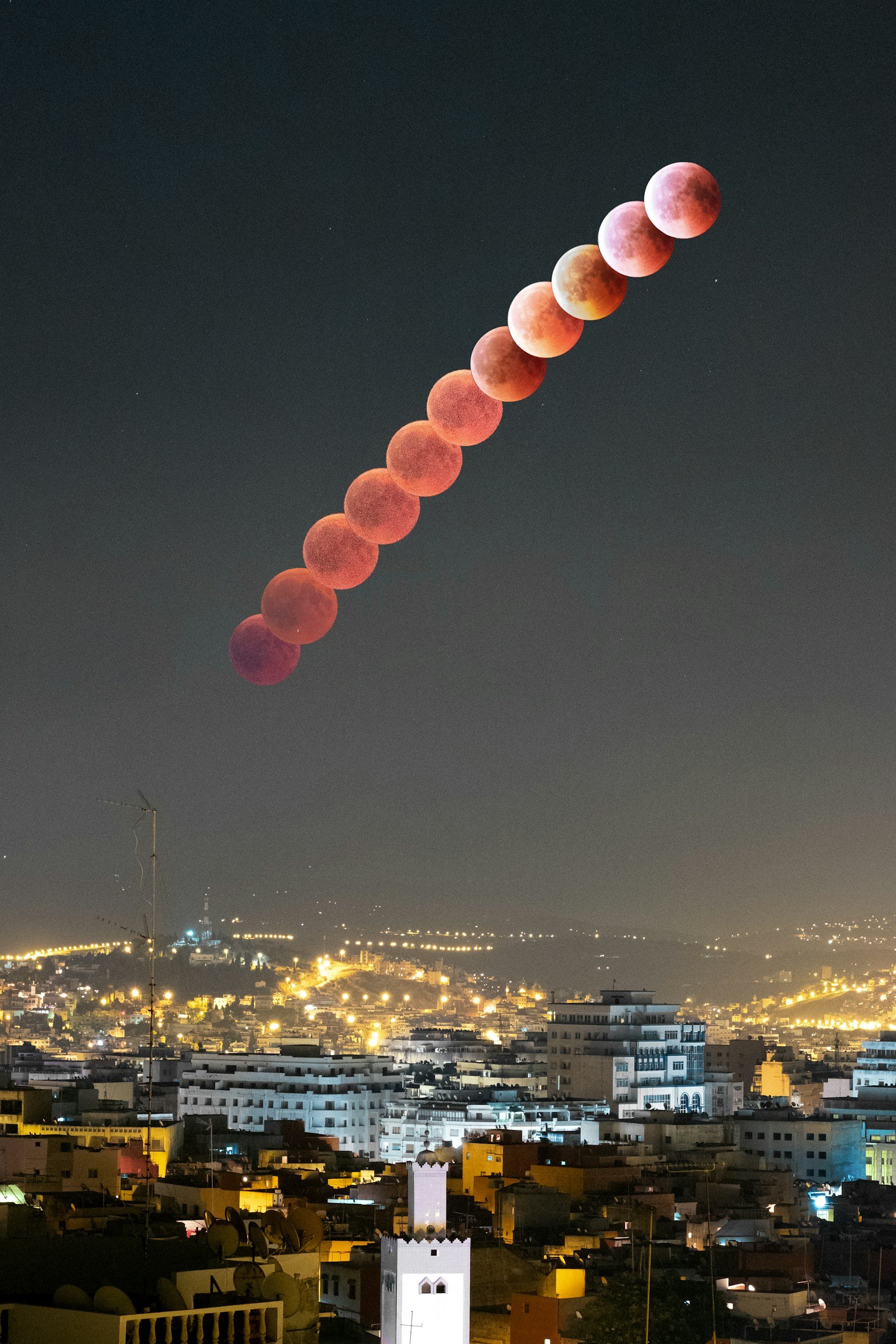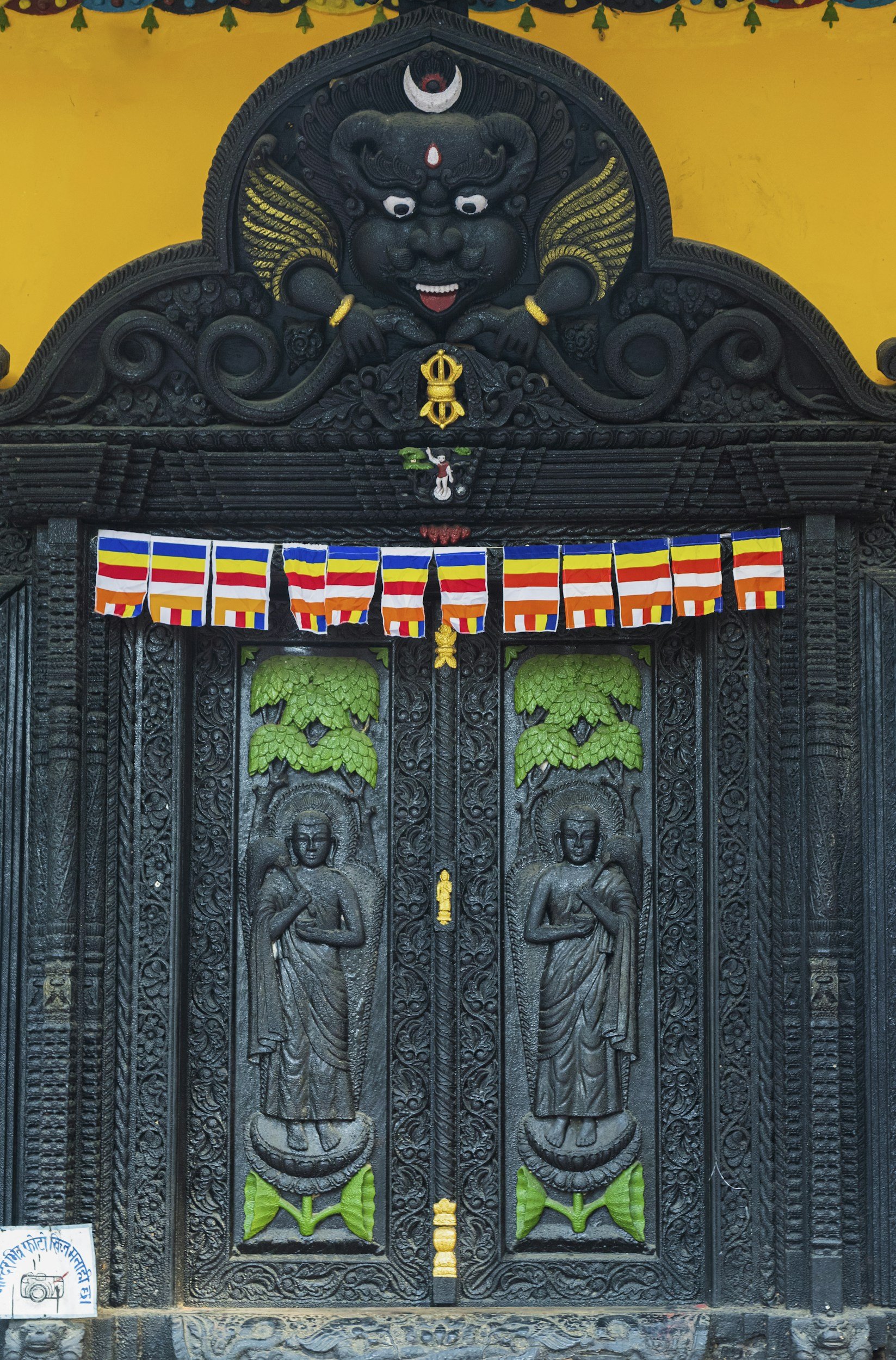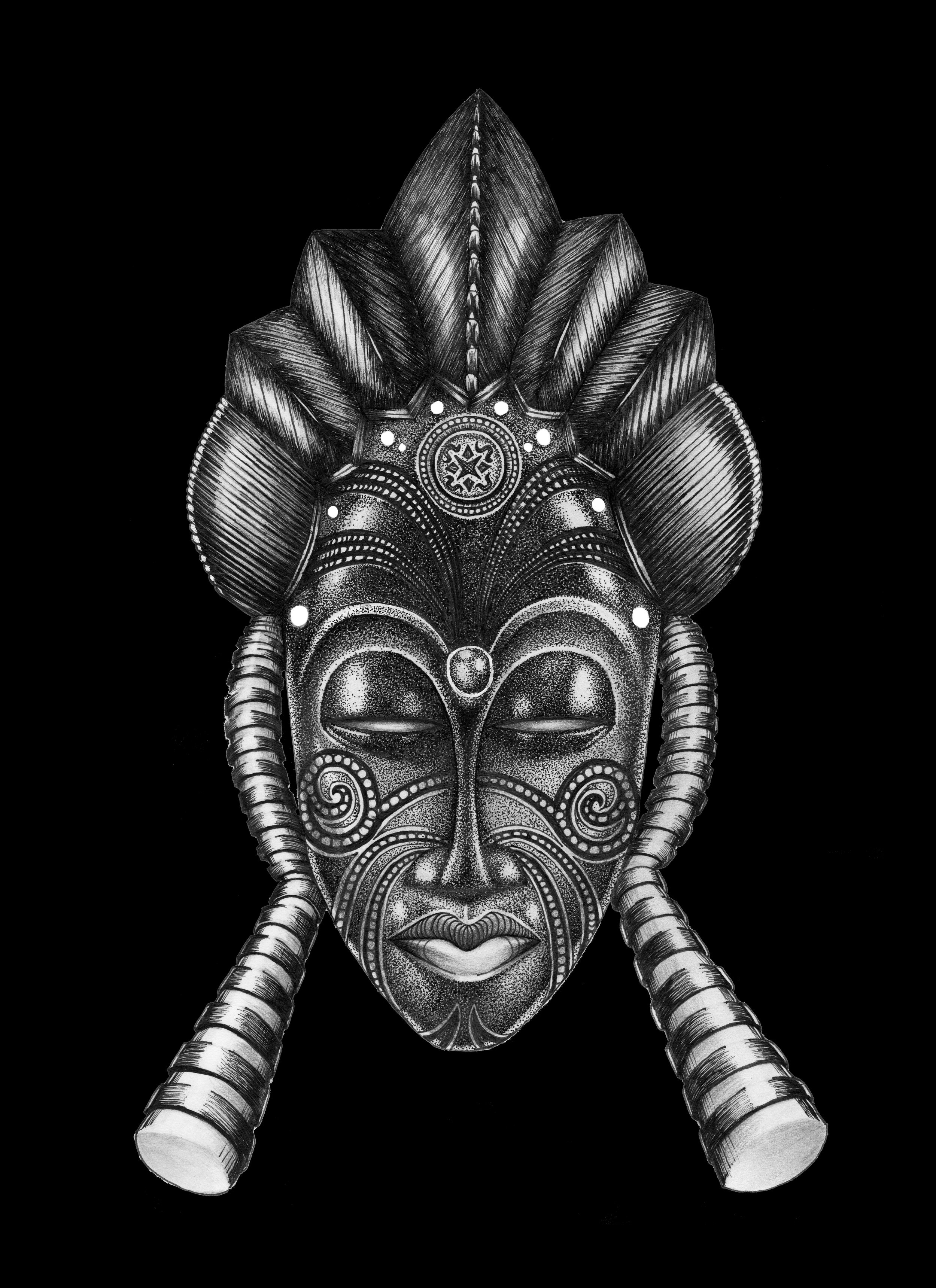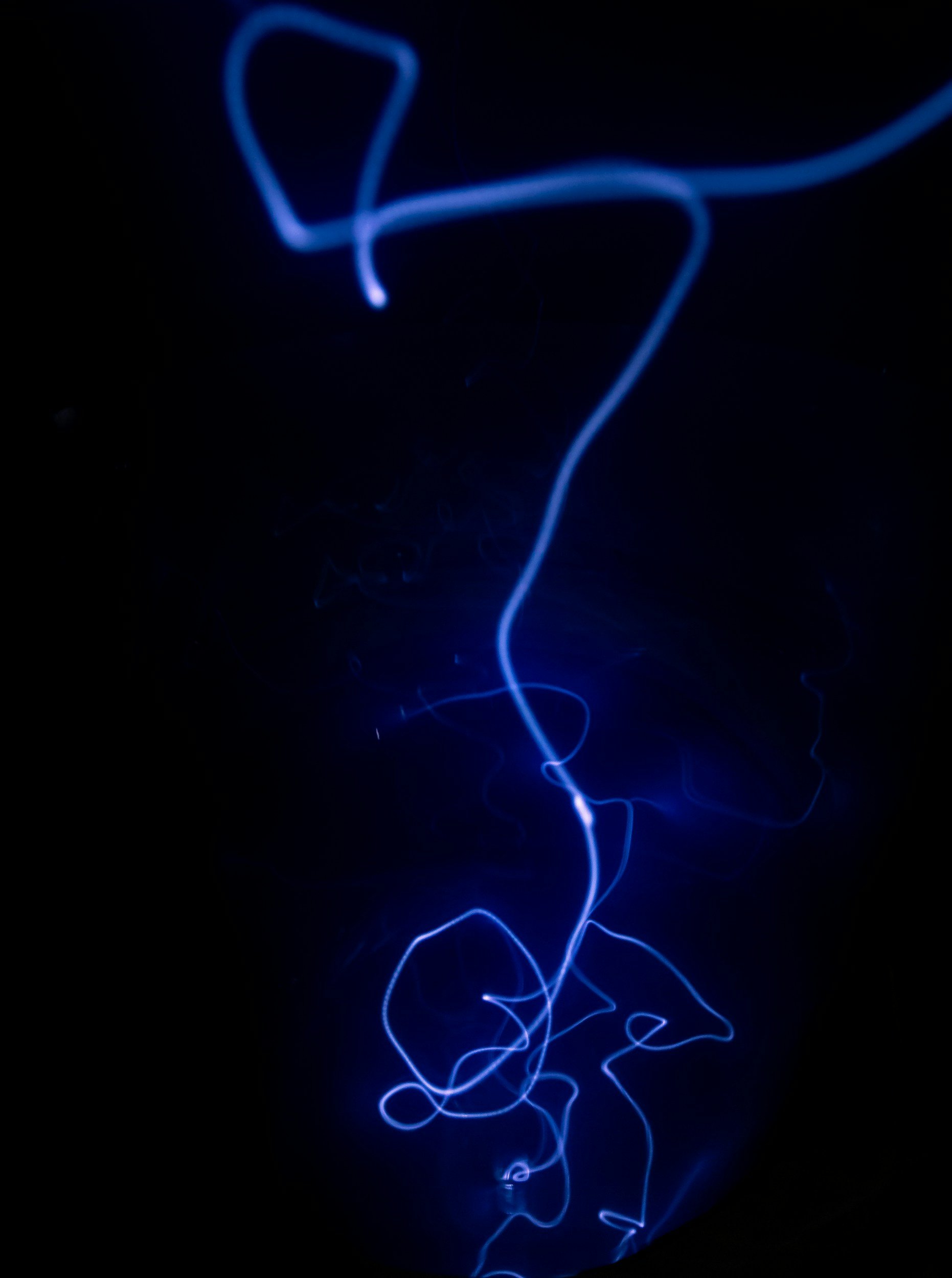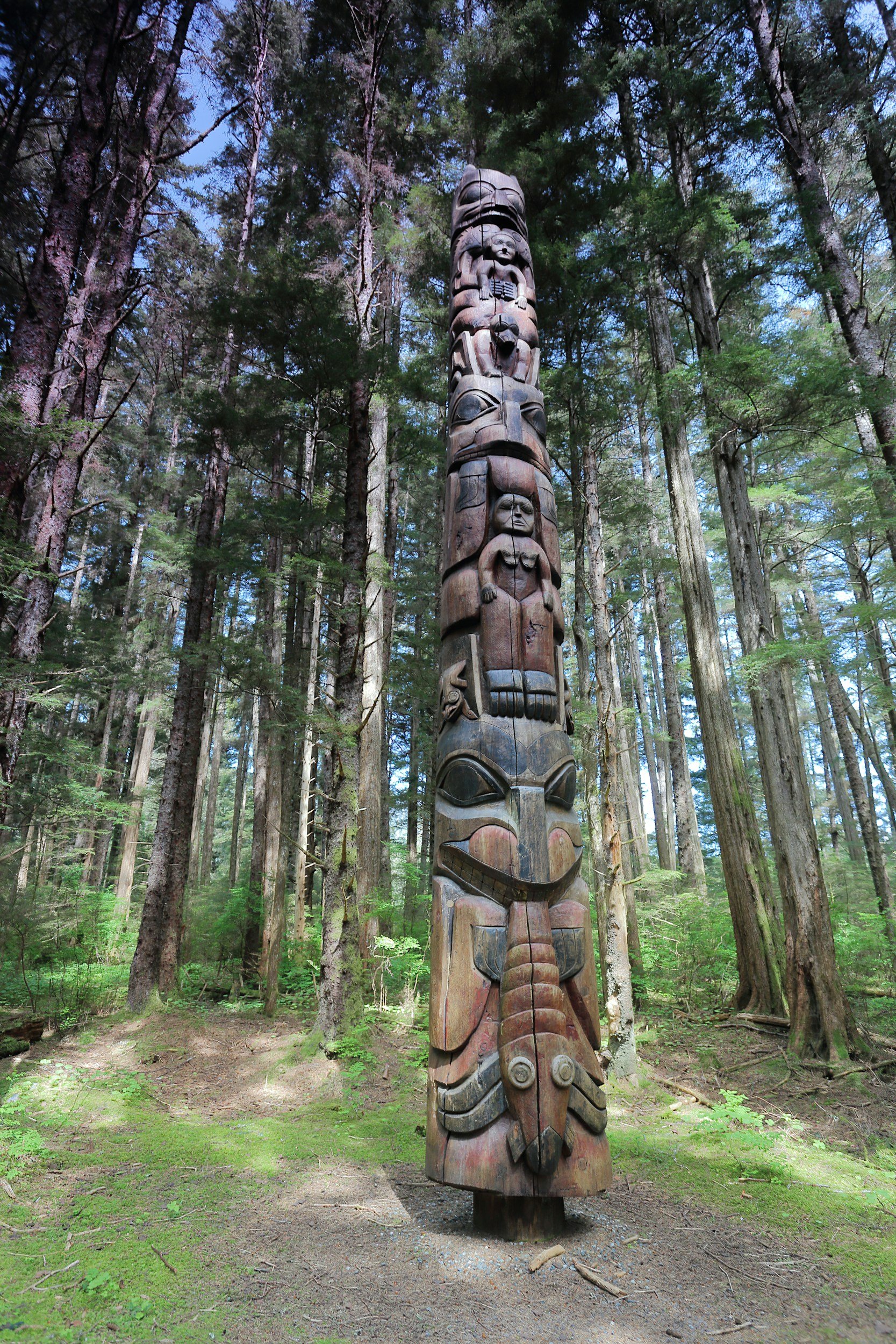An Overview of Igbo Cosmology
What is Igbo Cosmology?
Igbo Cosmology is the scientific study of the origin, evolution, and eventual fate of the universe from the perspective of Igbo ancestors—Ndi Ushi / Eshi / Ushi / Egede / Aka. It encompasses various aspects under Igbo world view, such as the large-scale structure of the universe, the formation and behavior of galaxies, stars, planets, and other celestial bodies, as well as the fundamental laws and forces that govern the universe's behavior. Igbo Cosmologists—Dibias, seek to understand the fundamental nature of the universe, including its age, composition, and overall structure, through observation, theoretical models, and empirical analysis. Additionally, Igbo cosmology explores philosophical and metaphysical questions about the nature of existence, time, and reality.
Igbo cosmology is rooted in the rich cultural heritage of Igbo people of southeastern Nigeria (Ndi Igbo). It is a complex and multifaceted belief system that encompasses the spiritual, mythological, and philosophical aspects of life. The concept of Chi (Eke) is central to Igbo cosmology, it is the personal essence or life force that guides each individual throughout their lives, alongside a pantheon of gods, spirits, and ancestors (Ezumezu Mmuo).
Principles of Igbo Cosmology
These are the principles that illuminate the worldview of Ndi Igbo. Chi (Eke), as we already mentioned above, is a central principle to the Igbo belief system. There is a reason for this, as Igbo ancestors identified that this force is the animating essence of the universe that animates everything in nature in their non-physical and physical aspects, including humans.
Additionally, Igbos recognize a complex hierarchy of deities (agbara/alusi), spirits (mmuo), and ancestors (ndi ichie), each playing a distinct role in the cosmic order. The principles of Igbo cosmology are foundational concepts that guide the study of the universe and its origins from the Igbo perspective. Some other key principles amongst others include:
Uga—Cosmic Evolution & Ages: Igbo cosmology recognizes that the universe has evolved over time, undergoing various stages of development and spiritual transformation from its initial state to its current form. These cosmic ages are categorized into four periods or ages known as, Uga Aka, Uga Chi, Uga Anwu, and Uga Azi.
Uwaaa—The Big Bang: This principle relays that the universe originated from an incredibly hot and dense explosion that happened approximately 13.8 billion years ago in an event when the Supreme Divine Mother & Creator of the Universe—Nnechukwu sacrificed her essence, resulting in the formation of world. The universe is said to have been expanding and cooling ever since.
Iyi Oji—Dark Matter and Dark Energy: Igbo cosmology recognizes the existence of mysterious substances called dark matter or cloak and dark energy or river, which together make up the majority of the universe's mass-energy content. This powerful force has the ability to control or cause mysterious events to occur, that can affect our reality.
Ezumezu—Anthropic Principle: This principle considers the observed properties of the universe, such as its physical constants and laws, as necessary for the existence of intelligent life. It explores the idea that the universe is finely tuned to allow for the emergence of conscious observers.
These principles, among others, form the basis of Igbo cosmology, guiding modern day Dibias in their quest to understand and navigate the mysteries of the cosmos.
Mythology in Igbo Cosmology
Mythology serves as a foundational element of Igbo cosmology, weaving together tales of creation, gods, and legendary figures (ancestors). Stories of the earth goddess—Ani, the sky god—Amadioha, and the trickster deity—Ekwensu offer insights into the cultural identity and values of Ndi Igbo.
Mythology plays a significant role in Igbo cosmology by providing narratives, symbols, and explanations for the origins and workings of the universe e.g tales and stories on Nnechukwu Eke’s world creation, Ogbunali’s execution of death & justice, or Nri pioneer traditions, to mention a few. Mythological stories usually reflect Igbo cultural beliefs and values. These myths serve as a way to convey complex cosmological concepts in a relatable and accessible manner.
Mythology in Igbo cosmology typically includes creation myths that describe the origins of the universe, the Earth, and humanity. These stories usually feature divine beings, gods, goddesses, and supernatural forces that shape the world. Mythological narratives may also explore themes that highlight, the cycle of life (ndu) and death (onwu), the nature of time (oge), and the relationship between the divine (mmuo) and the mundane (mmadu).
While mythology is not scientifically verifiable, it offers insights into how ancient igbo ancestors conceptualized and understood the cosmos, in order to pass the principles and knowledge systems to their descendants for generations to come, while leaving room for evolution and expansions of their observations. Mythological motifs and archetypes continue to influence modern Igbo cosmological thought, inspiring philosophical reflections and artistic interpretations of the universe's mysteries.
Igbo Cosmology vs. Other African Cosmologies
While sharing similarities with other African cosmologies, such as the belief in a supreme creator and ancestral reverence, Igbo cosmology also exhibits unique characteristics that is very contextual to the language and perceptions of how ancient Igbo ancestors viewed the universe. Further investigation or analysis of each African way of being will easily reveal the nuanced differences and cultural nuances that distinguish Igbo cosmology from its counterparts across the continent. Africa is a massive continent, there is no one singular “African cosmology” or “African tradition” or “African philosophy” or “African religion.” However, there are African cosmologies, traditons, philosophies and multiple ways of being that define how ancient Africans including Igbos pre-existed.
Igbo Cosmology Influence on Igbo Culture
Igbo cosmology, as the study of the universe and its origins from the Igbo perspective, has a profound influence on Igbo culture. Here are some ways in which Igbo cosmology shapes Igbo culture:
Omenani | Ntoani—Igbo Worldview & Belief Systems: Cosmological beliefs usually form the foundation of a culture's worldview and belief systems. Concepts on the origin of the universe (or a community), the nature of existence, and humanity's place in the cosmos are central to cultural identity and values.
Odinani—Religion & Spirituality: Odinani incorporates Igbo cosmological concepts into its teachings and practices. Igbo cosmology provides explanations for the existence of divine beings, the creation of the world, and the afterlife, shaping religious rituals, ceremonies, and moral or ethical codes.
Akuko Ifo—Art, Literature, and Folktales: Igbo cosmological themes inspire artistic expression, literature, and folktales across Igbo culture. Artists and storytellers draw on cosmological narratives, symbols, and archetypes to explore existential questions, celebrate the wonders of the universe, and convey cultural heritage.
Obi—Sacred Architecture: Igbo cosmological beliefs influence architectural styles in sacred spaces. Temples and shrine structures usually reflect Igbo cosmological principles and serve as symbolic representations of the divine idea.
Oguafo—Calendar Systems: Igbo cosmology shapes the development of Igbo calendar systems and methods of timekeeping, like the Igbo lunar calendar and the Izu - four market day system. It provides frameworks for organizing daily life, spritual observances, agricultural practices, and celestial events.
Nzuko Amamife—Scientific Inquiry and Education: Modern Igbo cosmology can contribute to education and intellectual discourse, encouring curiosity about the universe and advancing indigenous knowledge systems. Dibia discoveries and theories about the cosmos can shape cultural attitude toward science, technology, and innovation.
Contemporary Perspectives on Igbo Cosmology
In modern times, Igbo cosmology continues to evolve and adapt to changing societal dynamics. While traditional practices persist, contemporary perspectives can offer new interpretations and insights into the relevance of Igbo cosmology in a rapidly changing world. Through exploration and understanding of new insights, we can gain a deeper appreciation for the rich belief and knowledge systems that have shaped Ndi Igbo for centuries.
Overall, Igbo cosmology serves as a lens through which Igbos can interpret and navigate the mysteries of the universe, shaping our values, traditions, and collective identity. The cultural impact of Igbo cosmology underscores its significance in shaping human experience and understanding of the cosmos. The influence of Igbo cosmology extends far beyond religious beliefs, permeating every aspect of Igbo culture. From traditional ceremonies and rituals to social structures and artistic expressions, the Igbo cosmological worldview continues to shape the collective identity and practices of Igbo people.
Recommended Resources:
Igbo Cosmology | Odachi Nne Eke | Full Film with Commentary | Sirius Ugo Art (YouTube)
An Overview of Igbo Cosmology | Oma’s Odinani Mystery School (YouTube)









